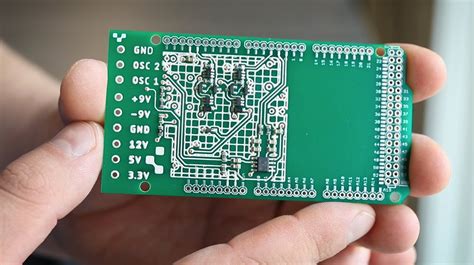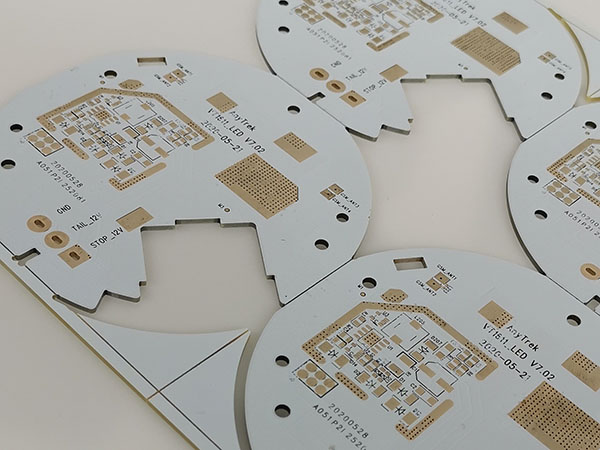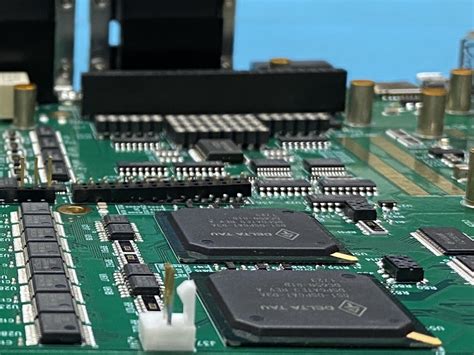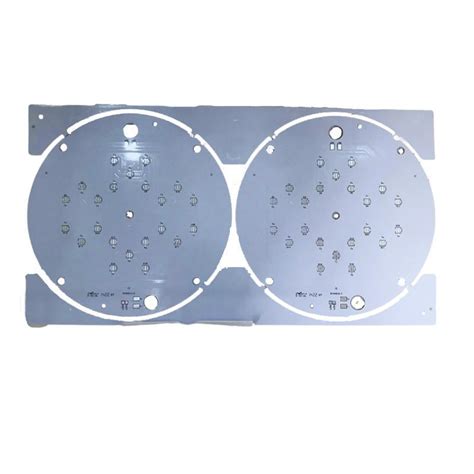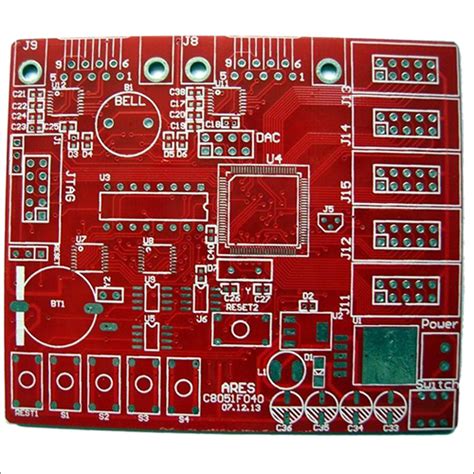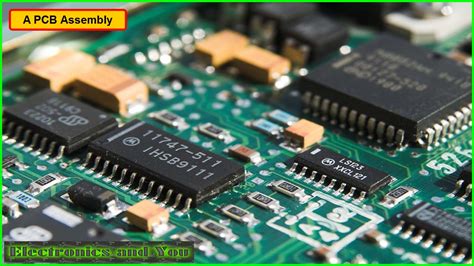Unlocking Innovation: The Power of Custom PCB Assembly
Key Takeaways
Custom PCB assembly is increasingly recognized as a crucial element in fostering innovation across various industries. By enabling tailored solutions, pcba (Printed Circuit Board Assembly) provides businesses with the flexibility to meet specific design and operational requirements, thereby enhancing overall performance. Understanding the intricacies of custom PCB assembly is vital for organizations aiming to push the boundaries of what is technically possible. This customization process allows companies to integrate unique functionalities into their products, ultimately leading to more efficient and reliable technology solutions. Additionally, the bespoke nature of PCB assembly not only supports current industry standards but also anticipates future needs, ensuring that technological advancements continue without interruption. The interplay between innovation and custom designs promotes a culture of creativity, empowering engineers and designers to explore novel applications. In summary, embracing custom PCB assembly will play a pivotal role in driving efficiency and fostering groundbreaking advancements across multiple sectors.
Understanding Custom PCB Assembly: A Gateway to Innovation
In today’s technologically driven landscape, custom PCB assembly plays a pivotal role as a gateway to innovation. This process involves creating meticulously designed printed circuit boards (PCBs) tailored to the specific needs of various applications. Unlike standard PCBs, custom PCB assembly allows for unique configurations that can enhance the functionality and performance of devices, enabling manufacturers to push boundaries and explore novel solutions in electronics.
The flexibility that comes with PCBA is significant; it not only caters to a diverse range of specifications but also supports complex designs that are becoming increasingly necessary in modern technology. For instance, the incorporation of smaller components and denser layouts is made possible through customized approaches, leading to more efficient use of space on PCBs. As a result, this adaptability has sparked innovation across multiple sectors, from consumer electronics to aerospace.
Additionally, customized designs can significantly reduce production time and costs by minimizing errors during assembly and allowing for better resource allocation. With these advantages in mind, many industries are leveraging custom PCB assembly as a strategic element in their product development cycle. Below is a table outlining some of the key benefits:
| Benefit | Description |
|---|---|
| Enhanced Performance | Tailored designs optimize functionality |
| Cost Efficiency | Reduced errors lead to lower production costs |
| Faster Time to Market | Customized solutions streamline the production process |
| Improved Quality Control | Precision in manufacturing minimizes defects |
In summary, the evolution of innovation through custom PCB assembly exemplifies how advanced manufacturing techniques are driving progress across sectors, ultimately enabling the development of smart technologies that enhance everyday life.
The Benefits of Custom PCB Assembly in Various Industries
The ability to tailor PCB assembly to specific needs has become a fundamental cornerstone in driving progress across various sectors. By utilizing customized PCBA, industries such as automotive, healthcare, and consumer electronics can significantly enhance their product performance and operational efficiency. One of the most notable advantages of custom PCB assembly is its capacity for streamlined integration with an organization’s unique processes. This not only reduces production costs but also shortens the time to market, ensuring that companies remain competitive. Moreover, customized designs can enhance design complexity, allowing for more intricate functionalities that standard solutions may not support effectively.
In the healthcare sector, for instance, specialized PCB assembly can enable the development of advanced medical devices that meet precise safety and regulatory standards. When designers leverage custom solutions, they often find opportunities to incorporate innovative technology that leads to better patient outcomes. The automotive industry also benefits greatly; as electric vehicles gain popularity, custom PCBA plays a crucial role in optimizing power management systems and enhancing vehicle performance.
“When companies invest in custom PCB solutions, they aren’t just building circuits; they’re engineering pathways to future innovation.”
This highlights how custom assembly fosters a culture of continuous improvement and innovation within organizations. By committing to custom PCB assembly, industries can ensure that their products not only meet current demands but are also equipped to adapt to future technological advancements, ultimately creating a robust foundation for sustainable growth.
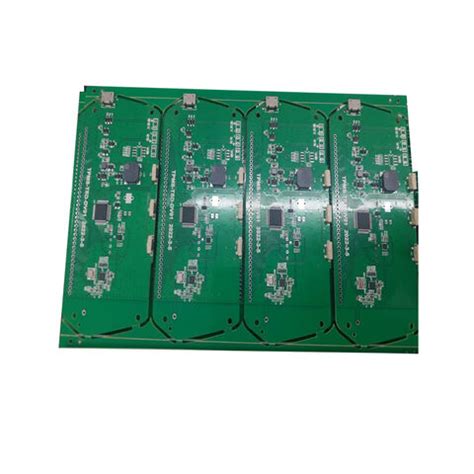
Innovative Applications of Custom PCB Assembly in Technology
The realm of technology thrives on innovation, and custom PCB assembly (PCBA) serves as a catalyst in numerous cutting-edge applications. From the burgeoning field of wearable technology to advanced automated systems, customized designs facilitate a level of flexibility and adaptability that standard solutions simply cannot match. For instance, in the healthcare industry, PCB assembly plays a crucial role in the integration of compact, efficient devices that monitor patient health remotely, offering real-time data collection and analysis. Additionally, the automotive sector has witnessed tremendous advancements due to custom PCB designs, enabling the development of sophisticated driver-assistance systems and electric vehicle technologies. In consumer electronics, PCBA enhances product performance and efficiency, allowing manufacturers to differentiate their offerings in a highly competitive market. By supporting unique configurations tailored to specific functionalities, custom PCBs not only streamline manufacturing processes but also allow for greater creativity in product development, thus driving forward technological progress across various sectors.
Enhancing Product Development Through Customized PCB Designs
The evolution of product development has increasingly been tied to the advancements in custom PCB assembly technology. As businesses strive to differentiate themselves in competitive marketplaces, the ability to create tailored solutions has become essential. Customized PCBA allows engineers and designers to push the boundaries of creativity, enabling innovations that align closely with specific project requirements and user expectations. By utilizing customized PCB designs, companies can enhance performance, optimize space, and seamlessly integrate additional features that standard boards may not accommodate. This level of personalization not only improves functionality but also leads to refined manufacturing processes and reduced time-to-market. The impact of custom PCB assembly extends across numerous sectors, including consumer electronics, medical devices, and automotive technology, where precise specifications can make a significant difference. Ultimately, the careful crafting of unique PCB assembly solutions facilitates a collaborative approach to development that prioritizes adaptability and effectiveness in the face of rapidly changing technological landscapes.
The Role of Custom PCB Assembly in Boosting Efficiency
In today’s fast-paced technological landscape, custom PCB assembly (often referred to as PCBA) plays a vital role in enhancing the efficiency of product development processes. By allowing for tailored designs, custom PCB assembly meets the specific needs of various applications, resulting in devices that are not only more effective but also optimized for performance. This process encourages manufacturers to integrate advanced functionalities while minimizing the footprint of electronic components. As a result, organizations benefit from reduced material costs and shorter time-to-market cycles. Furthermore, the ability to customize layouts and component placements facilitates easier troubleshooting and maintenance, ultimately promoting sustainability in electronics manufacturing. With the emphasis on innovation, companies leveraging PCB assembly solutions can explore new frontiers in technology development, yielding creative products that align with market demands. Thus, embracing custom PCBA is crucial for any business striving for operational excellence and competitiveness in their respective fields.
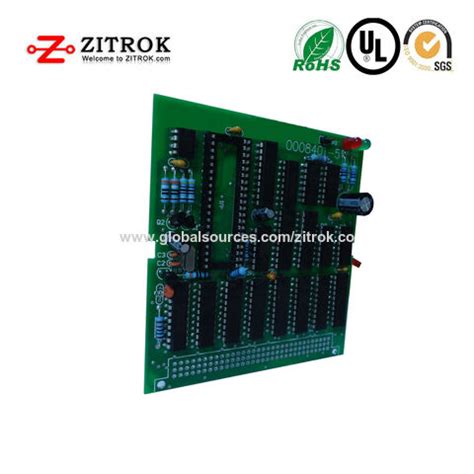
Creativity Unleashed: Unique Solutions via Custom PCB Assembly
The realm of custom PCB assembly is a treasure trove of innovation, allowing designers and engineers to craft unique and tailored solutions that cater specifically to the demands of modern technology. By leveraging PCBA, companies can develop electronic devices that not only meet but exceed expectations in terms of performance, durability, and efficiency. This tailored approach enables businesses to incorporate advanced functionalities into their products, responding dynamically to market needs. For instance, a custom PCB assembly can integrate multiple functions into a single board, reducing the size and complexity of devices while enhancing their operational capabilities. The creativity involved in designing these PCBA solutions fosters a culture of experimentation and originality, which is increasingly vital in today’s fast-paced technological landscape. As industries aim for sustainability and effectiveness, the ability to customize PCB assembly becomes a cornerstone of strategic innovation, driving forward progress across various fields such as healthcare, automotive, and consumer electronics. Through the fusion of creativity with technical precision in custom PCB assembly, businesses are well-positioned to explore uncharted territories in product development, promising groundbreaking advancements that align with both user needs and global trends.
Future Trends in Custom PCB Assembly and Their Impact on Innovation
As technology continues to evolve, custom PCB assembly (or PCBA) is undergoing significant transformations that will shape its future and drive innovation across various sectors. One prominent trend is the increasing integration of smart features and IoT capabilities into PCB assemblies, allowing for more sophisticated and connected devices. This shift opens up opportunities for enhanced data collection, remote monitoring, and real-time responsiveness, which can fundamentally change how industries operate. Moreover, advancements in materials science are leading to the development of flexible PCBs, enabling designs that were once impossible; this flexibility fosters creativity and opens new avenues for product design. Additionally, the growing emphasis on sustainability is paving the way for more eco-friendly PCB assembly techniques, such as the use of recyclable materials and energy-efficient manufacturing processes. These innovations not only align with global efforts toward environmental responsibility but also enhance brand value as companies seek to meet consumer demands for sustainable practices. Lastly, automation in PCBA processes is set to increase efficiency while reducing manufacturing costs, thereby accelerating product timelines without compromising quality. In summary, the future of custom PCB assembly looks promising as it continues to evolve with emergent technologies and trends, ultimately empowering industries to innovate like never before.
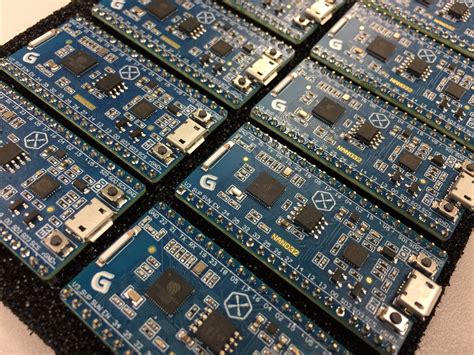
Conclusion
In summary, custom PCB assembly plays a pivotal role in driving innovation across numerous sectors. The advantages of pcba are not just confined to enhanced technical performance; they also extend to significant improvements in efficiency and the fostering of creativity within technological solutions. Through the customization of designs, companies are able to tailor their products specifically to meet market demands, resulting in unique applications that set them apart from competitors. This adaptability allows for rapid iterations and prototyping, which is essential in today’s fast-paced environment. Moreover, as industries continue to evolve, the trend toward more specialized and intricate pcb assembly processes will likely influence future innovations. In essence, embracing custom PCB assembly can unlock a spectrum of opportunities for companies willing to adapt and invest in tailored solutions that define the future of product development and technological advancements.
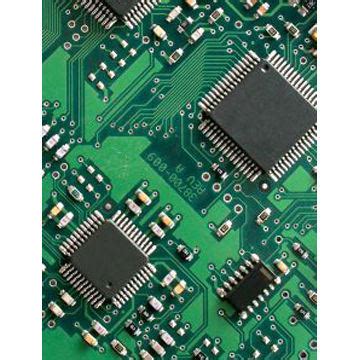
FAQs
Q: What is custom PCB assembly?
A: Custom PCB assembly refers to the tailored process of creating printed circuit boards (PCBs) that meet specific design requirements. This involves the integration of various components based on a unique design, enhancing device functionality.
Q: How does custom PCB assembly differ from standard PCB manufacturing?
A: Unlike standard methods, custom PCB assembly (or PCBA) is focused on specific customer needs, providing unique solutions that often involve specialized components or layouts that improve efficiency and performance.
Q: What industries benefit from custom PCB assembly?
A: Numerous industries leverage custom PCBA, including consumer electronics, automotive, medical devices, and aerospace, as it allows for innovative designs tailored to their exact specifications and performance standards.
Q: How does custom PCB assembly contribute to product development?
A: By utilizing custom PCBA, companies can streamline their product development processes, reduce time to market, and foster creativity in designing advanced technological solutions that stand out in a competitive landscape.
Q: What are some innovative applications of custom PCB assembly?
A: Innovations such as IoT devices, drones, and renewable energy systems heavily utilize custom PCBA, enabling complex functionalities in compact forms that drive efficiency and performance across technology sectors.

